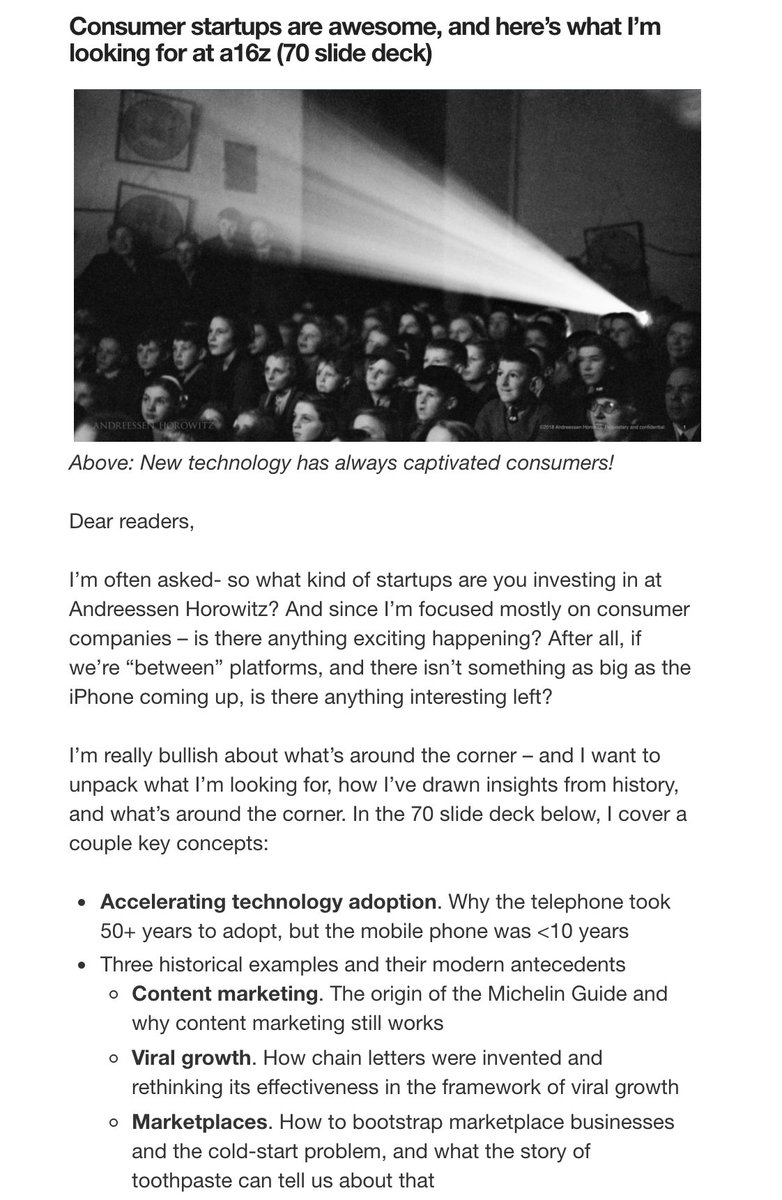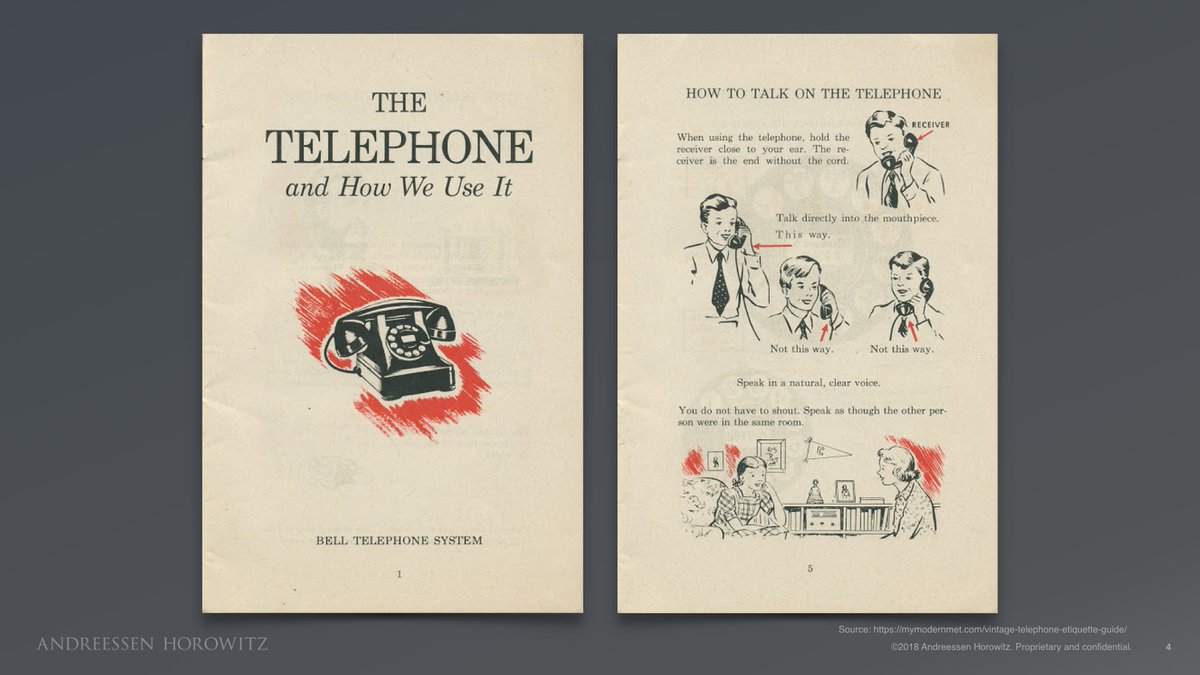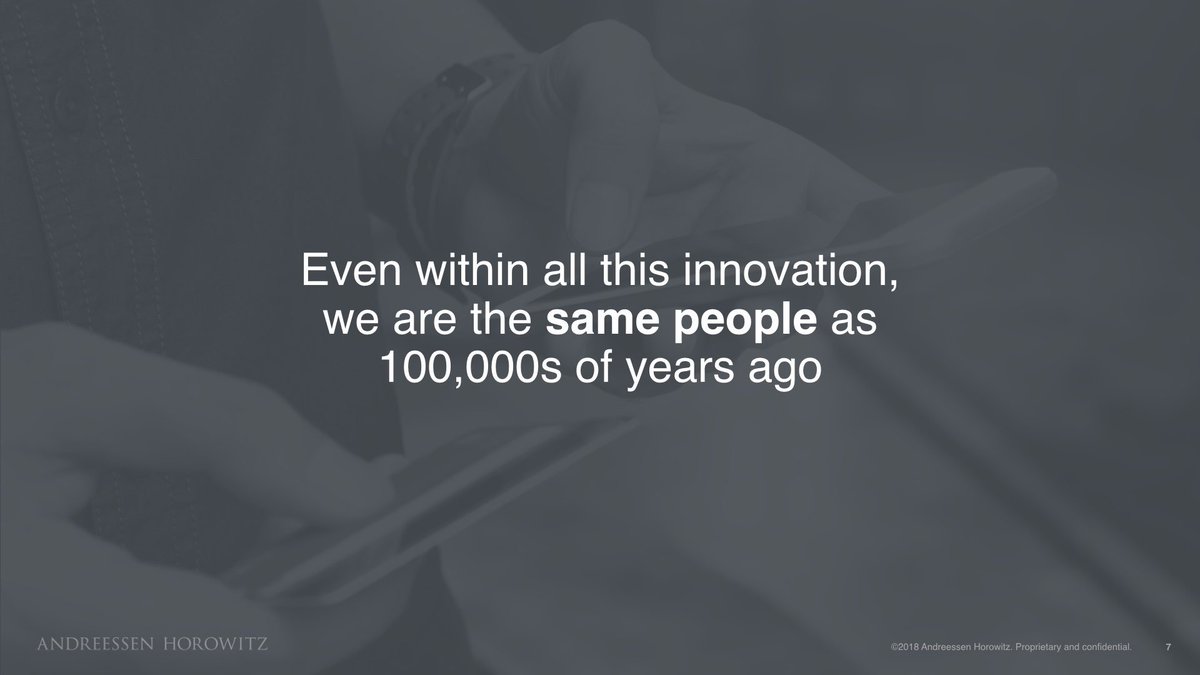1/ Today I prepared for talking about common mistakes startups make (founding -> growth stages) by writing it in tweet form. I ramble too much when public speaking and hoped it would make the core ideas clearer in my mind and more concise. Think it worked. Here are the tweets
More from Startups
There are some amazing founders and indie hackers that have made 🤯-worthy progress this last year.
The stuff you can do in a year is seriously astounding 👇
👉 @TransistorFM reaching $22k MRR in one year: https://t.co/BuKmXEeEtH
I was one of their first customers and the progress @mijustin and @jonbuda have made working mostly part-time has been crazy.
Now both are full-time. Follow them on @buildyoursaas
👉 @talk2oneup reaching $10k MRR in one year: https://t.co/SOoGkKA19r
@daviswbaer joined as a co-founder and through many different marketing tactics, pricing changes, and product updates, they've managed to carve out a niche market in a really competitive industry.
👉 @hostifi_net $9k MRR in one year: https://t.co/TknroGZWoK
After getting fired from his full-time job, @_rchase_ embarked on a year focused on building products to replace his salary in a year.
The dude seriously SHIPS and even took investment from @earnestcapital
👉 @ClosetTools $11k MRR WHILE WORKING FULL-TIME AND WITH A FAMILY: https://t.co/pKQ7pFvpZY
With a strong product, continuous improvement, and SEO, @unindie has really been inspirational.
There are no excuses.
The stuff you can do in a year is seriously astounding 👇
👉 @TransistorFM reaching $22k MRR in one year: https://t.co/BuKmXEeEtH
I was one of their first customers and the progress @mijustin and @jonbuda have made working mostly part-time has been crazy.
Now both are full-time. Follow them on @buildyoursaas
👉 @talk2oneup reaching $10k MRR in one year: https://t.co/SOoGkKA19r
@daviswbaer joined as a co-founder and through many different marketing tactics, pricing changes, and product updates, they've managed to carve out a niche market in a really competitive industry.
👉 @hostifi_net $9k MRR in one year: https://t.co/TknroGZWoK
After getting fired from his full-time job, @_rchase_ embarked on a year focused on building products to replace his salary in a year.
The dude seriously SHIPS and even took investment from @earnestcapital
1/ "Hardcore Year" (https://t.co/cjx7HfGeEK)
— Reilly Chase\u2601\ufe0f\u2601\ufe0f\u2601\ufe0f (@_rchase_) July 31, 2019
MRR in July:
\u2593\u2593\u2593\u2593\u2593\u2593\u2593\u2593\u2593\u2593\u2593\u2593\u2593\u2593\u2593\u2593 $9,109 of $8,333 goal (109%)
Totals@hostifi_net $8,463@ghostifi_net $361@locklinnetworks $125@captifi_net $147@patreon $13
I reached my goal for the year! \U0001f942\U0001f37e
Details in thread \U0001f447 pic.twitter.com/cUEeiADDAk
👉 @ClosetTools $11k MRR WHILE WORKING FULL-TIME AND WITH A FAMILY: https://t.co/pKQ7pFvpZY
With a strong product, continuous improvement, and SEO, @unindie has really been inspirational.
There are no excuses.
This year is flying by. How am I doing a July report already? Here it is: Closet Tools' July open stats:
— Jordan O'Connor (@unindie) August 1, 2019
MRR: $11106.28 (+11.43%)
Organic Search: 3958 (+20.45%)
New Trials: 154 (-8.33%)
Less trials, more revenue (churn is going down!). The focus for July was feature stability. pic.twitter.com/4YRpkPvKxo



























